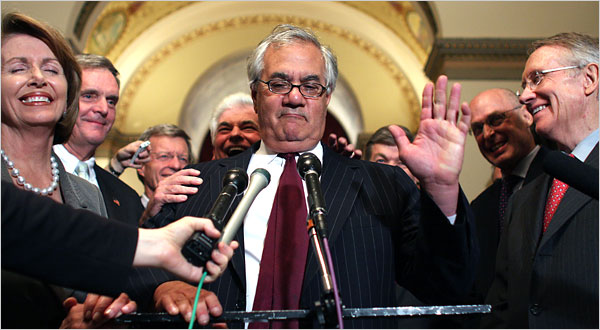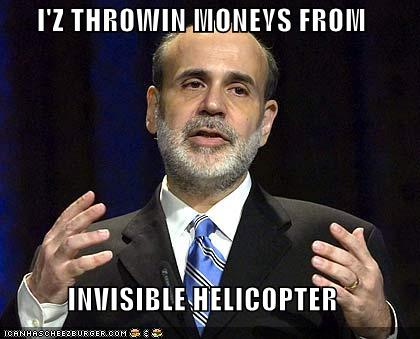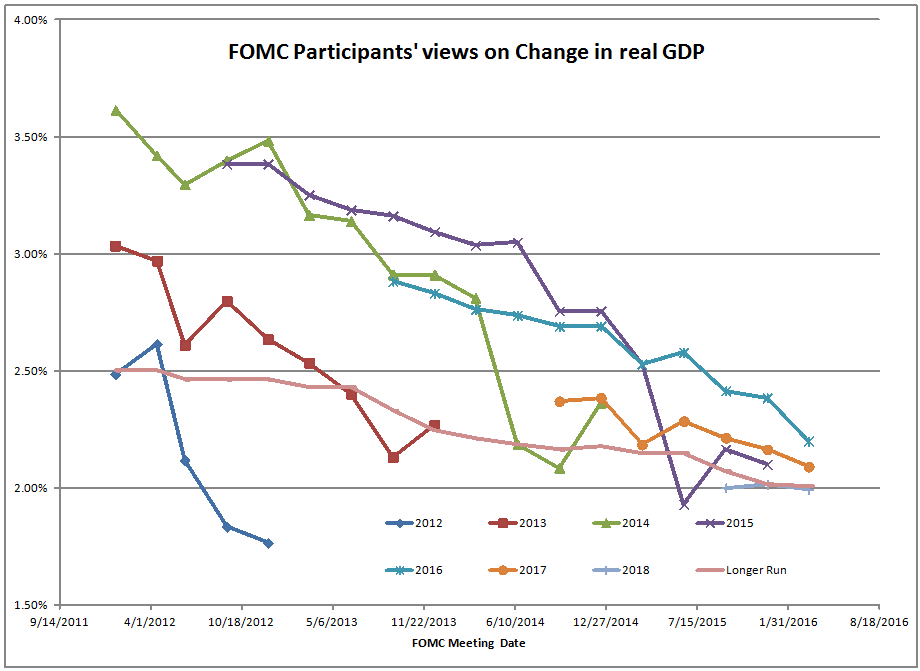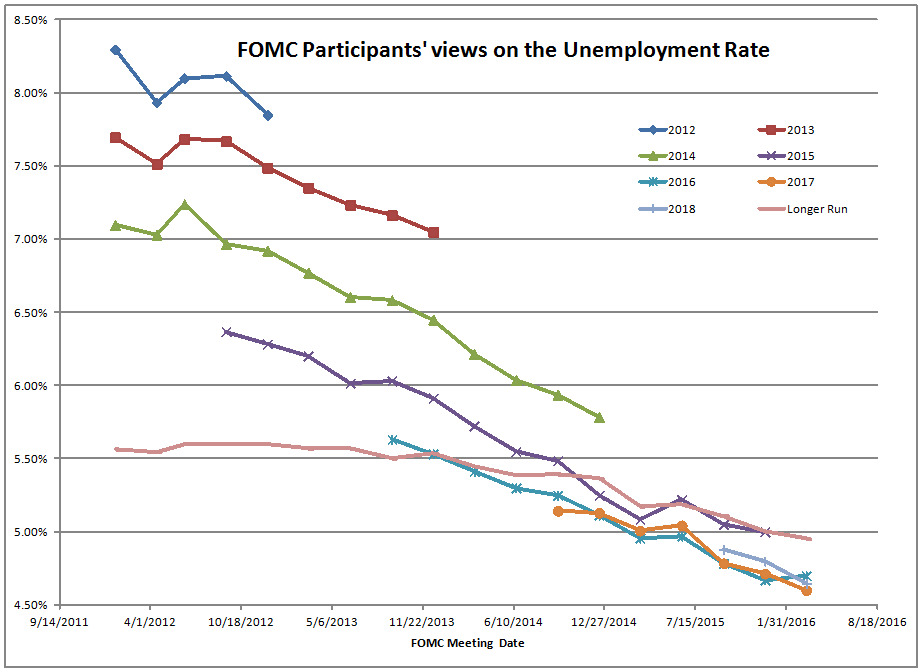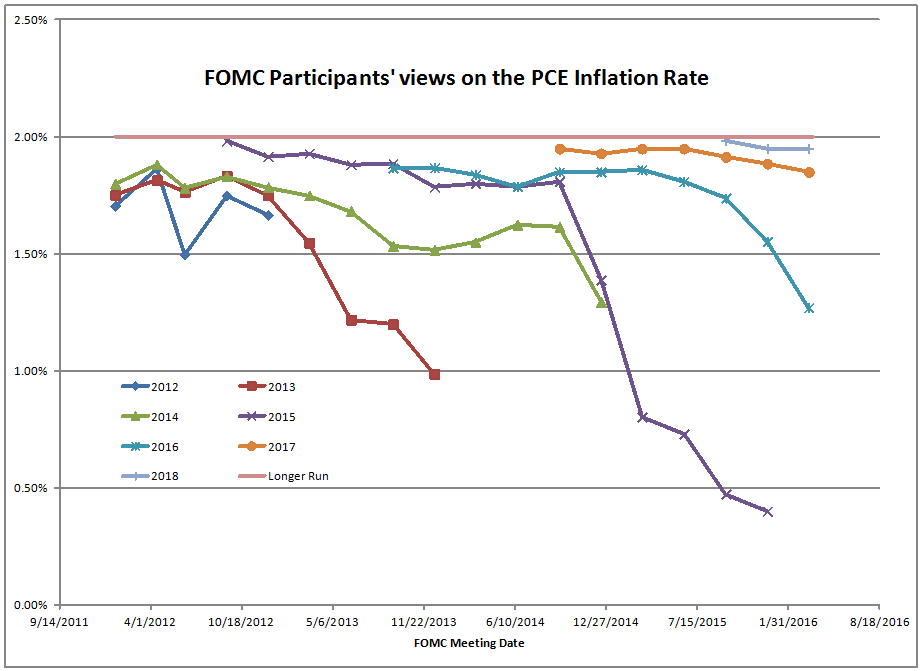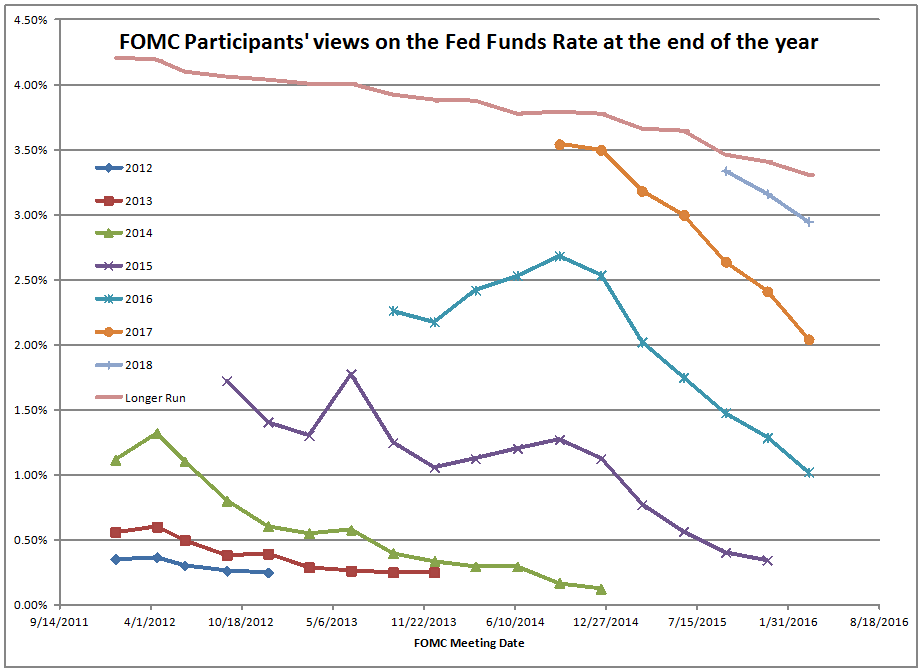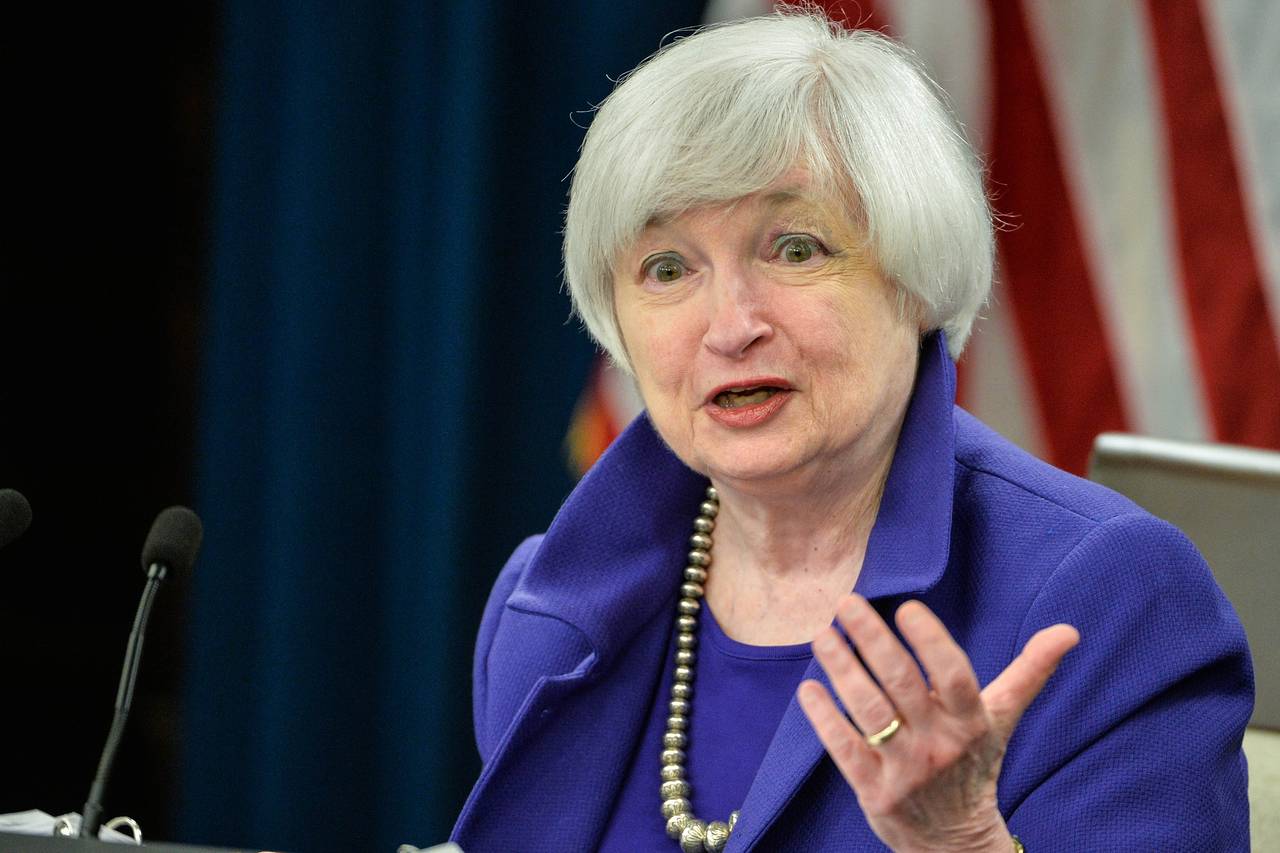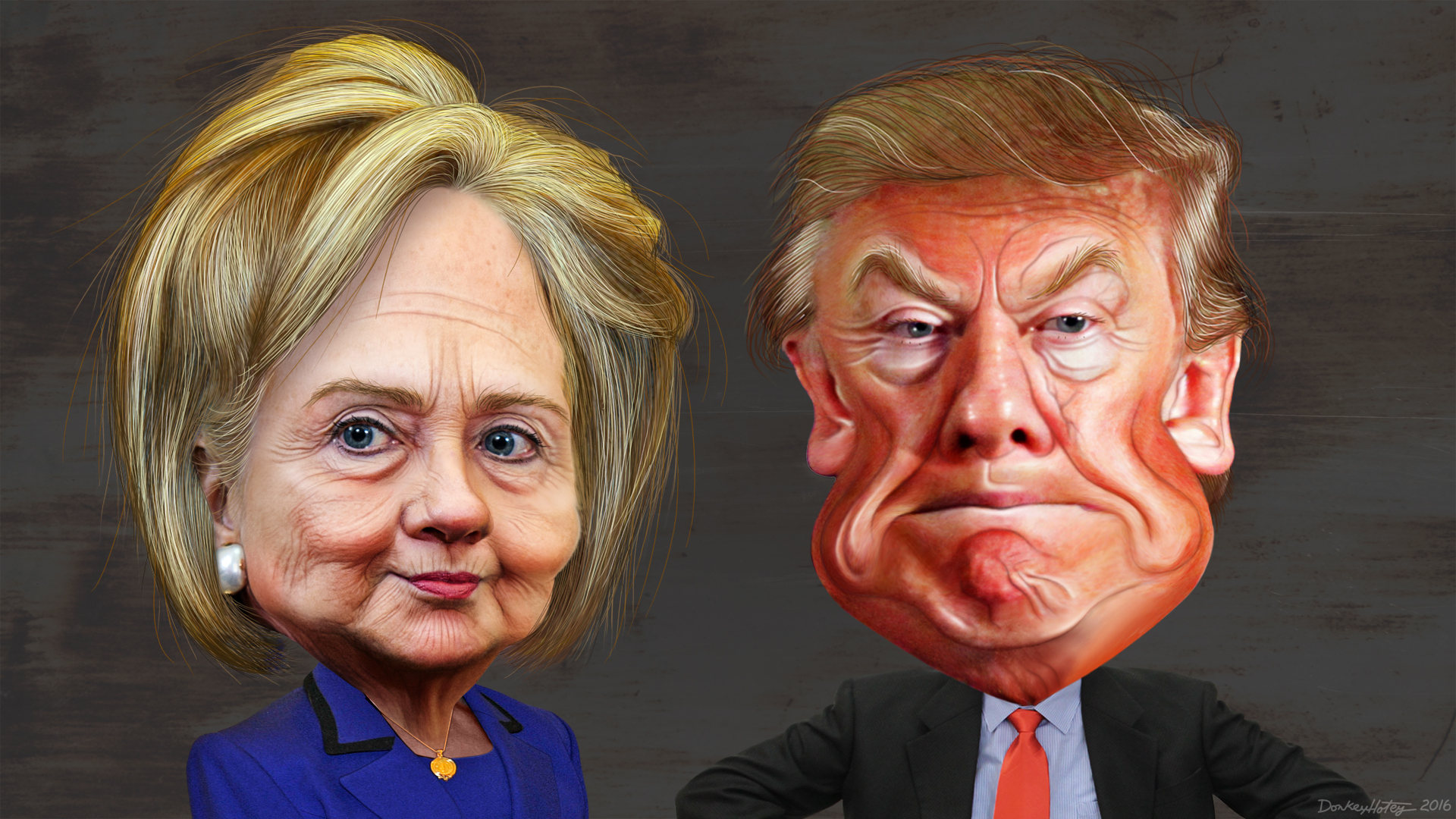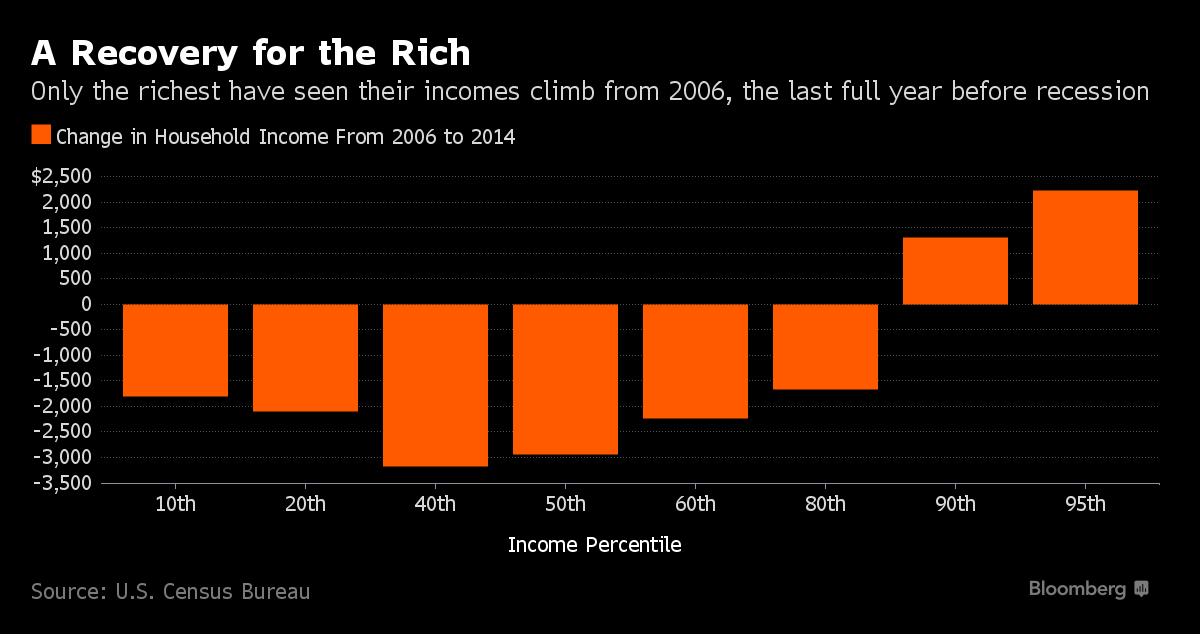See You in Court, Uncle Sam!

Before I start tonight, I just wanted to mention that I was on South Korean radio a few days ago, on the main English-speaking station, talking about Helicopter Money. ?If you want listen to it or download it as a podcast, you can get it here. ?It’s a little less than 11 minutes long.
-=-=-=-=-=-=-=-=-=-=-=-=-=-=-=-=-=-=-=-=-=-=-=-=-=-=-=-=-=
The bravery of Steve Kandarian and the executives at MetLife is a testimony to something I have grown to believe. ?Frequently the government acts without a significant legal basis, and bullies companies into compliance. ?If a company is willing to spend the resources, often the government will lose, when the laws are unduly vague or even wrongheaded.
This was true also in a number of the allegations made by Eliot Spitzer. ?Lots of parties gave in because the press was negative, but those that fought him generally won. ?Another tough-minded man, Maurice Raymond “Hank” Greenberg pushed back and won. ?So did some?others that were unfairly charged.
MetLife won its case against the?Financial Stability Oversight Council [FSOC] in US District Court. ?The government will likely appeal the case, but though I have been a bit of a lone voice here, I continue to believe that MetLife will prevail. ?Here’s my quick summary as to why:
- The FSOC’s case largely relies on the false idea that being big is enough to be a systemic risk.
- Systemic risk is a mix of liquidity of liabilities, illiquidity of assets, credit risk, leverage, contagion, and lack of diversity of profit sources.
- Liquidity of liabilities is the most important factor — in order to get a “run on the bank” there has to be a call on cash. ?Life insurers have long liability structures, and it is very difficult for there to be a run. ?People would have to forfeit a lot of value to run.
- Contrast that with banks that use repo markets, and have short liability structures (w/deposit insurance, which is a help). ?Add in margining at the investment banks…
- The only life insurers that suffered “runs” in the last 30 years wrote lots of short-term GICs. ?No one does that anymore.
- Life insurers invest a lot of their money in relatively liquid corporates, and lesser amounts in illiquid mortgages. ?Banks are the reverse.
- Leverage at life insurers is typically lower than that of banks.
- Insurers make money off of non-financial factors like mortality & morbidity. ?Banks run a monoculture of purely financial risk. ?(Okay, increasingly many of them make money off of “free” checking, and then kill their sloppy depositors who overdraw their accounts… as I said to one of my kids, “Hey, your best friend “XXX bank” sent you a love note thanking you for the generous gift you gave them.”)
- That makes contagion risk larger for banks than life insurers — banks often have more investments across the financial sector than insurers do.
- Life insurers tend to be simpler institutions than banks. ?There is less too-clever-for-your-own-good risk.
- State regulators are less co-opted than Federal regulators. ?They also employ actuaries to analyze actuaries. ?(At least the better and larger states do.)
- Finally, life insurers do more strenuous tests of solvency and risk. ?They test solvency for decades, not years. ?They have actuaries who are bound by an ethics code — the quants at the banks have no such codes, and no responsibility to the regulators. ?The actuaries with regulatory responsibility serve two masters, and though I had my doubts when the appointed actuary statutes came into being, it has worked well. ?The problems of the early ’90s did not recur. ?The insurance industry generally eschewed non-senior RMBS, CMBS and ABS?in the mid-2000s, while the banks loved the yieldy illiquid beasties, and lost as a result.
Anyway, that’s my summary case. ?I haven’t always been a fan of the industry that I was raised in, but the life insurers learned from their past errors, and as a result, made it through the financial crisis very well, unlike the banks.
PS — there are some things I worry about at life insurers, like LTC and secondary guarantees, but I doubt the FSOC could figure out how big those are as an issue. ?A few companies are affected, and I’m not invested in them. ?Also, those risks aren’t systemic.
Full disclosure: long ENH NWLI BRK/B GTS RGA AIZ KCLI and MET



